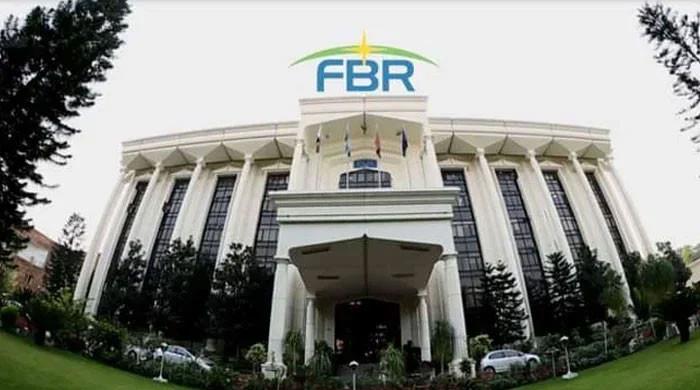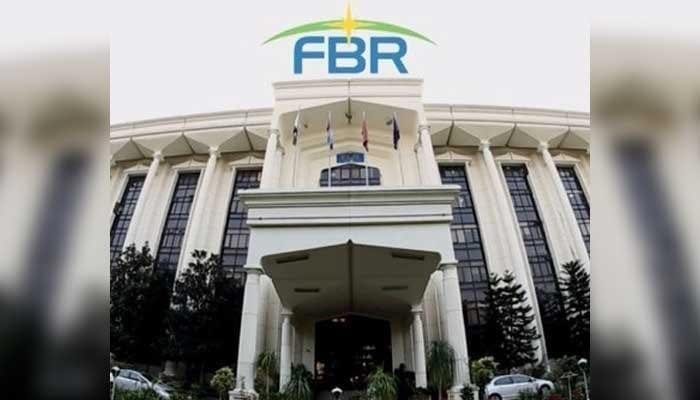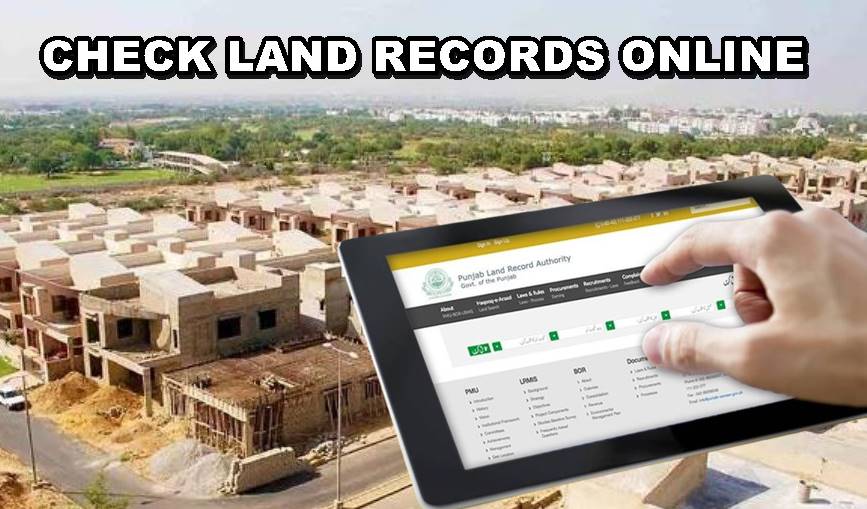ISLAMABAD:
Pakistan’s economy remained in stagflation for the second consecutive year, growing by 2.4% amidst a 26% inflation rate and high poverty during the outgoing fiscal year—an outcome reflecting harsh ground realities that compelled the government to slow down the economic wheel.
The 109th meeting of the National Accounts Committee (NAC), responsible for approving the nation’s output, savings, and investments, was chaired by Secretary Ministry of Planning, Awais Manzur Sumra, on Tuesday.
The Prime Minister Shehbaz Sharif-led Pakistan Democratic Movement (PDM) government had set an annual growth target of 3.5% for the current fiscal year 2023-24, ending on June 30.
Following the NAC meeting, the Ministry of Planning announced that the Gross Domestic Product (GDP)—the measure of goods and services—grew by 2.38% during the outgoing fiscal year, slightly below the official target but better than projections by International Financial Institutions.
The International Monetary Fund (IMF) now projects a growth rate of 1.8% for this fiscal year. In the last fiscal year, the economy contracted by 0.21%, but it has rebounded, primarily due to improved output in the agriculture sector.
The 2.4% growth rate was slightly lower than the country’s population growth and was mainly driven by improved performance in the agriculture sector, while growth in the industrial and services sectors remained subdued.
This marks the second consecutive year of low growth coupled with higher inflation, further diminishing people’s purchasing power. The average inflation rate during the first 10 months of this fiscal year remained at 26%. The World Bank estimates Pakistan’s poverty rate at nearly 40% and fears that another 10 million people may slip below the poverty threshold this year.
For the next fiscal year, the government plans to set GDP growth target at 3.7% and inflation target at 11.8%.
According to the NAC, the agricultural sector posted a growth of 6.3% due to exceptionally good output of important crops and some recovery in cotton production, while the industrial and services sectors grew by 1.21%.
Significant curbs on imports and consumption, along with a historically high interest rate of 22%, hampered economic growth to the extent that nearly every sector, excluding agriculture, suffered.
Detailed statistics showed that Pakistan achieved a record wheat production of 31.4 million metric tonnes in this fiscal year, marking an 11.6% increase over last year’s output. The bulk production, coupled with 3.5 million tonnes of imports, led to a crash in wheat prices.
Sugarcane production stood at 87.6 million metric tonnes, a slight decrease of 0.4%. Rice production increased by 35% to 9.9 million tonnes, contributing to higher exports and foreign currency earnings.
Cotton output rose to 10.2 million bales, a 108% increase from the previous year, following recovery from the 2022 floods.
The industrial sector grew by just 1.21%, significantly missing the annual target set by the government. The government’s restrictions on imports stifled industrial growth, while dwindling foreign inflows led to import rationing in an effort to preserve foreign exchange reserves.
Despite calls from the market and independent economists for a rate cut due to a steep slowdown in the inflation rate, the IMF-SBP kept interest rates high at 22% for this fiscal year.
As a result, growth in the large-scale industries, major contributors to taxes and employment generation, remained stagnant this fiscal year after a contraction of nearly 10% in the previous fiscal year.
Despite maintaining high interest rates, the central bank has yet to rein in inflation, which has remained well above the annual target of 21%.
The electricity, gas, and water supply sector contracted by nearly 11% due to a significant decline in electricity output. Expensive electricity prompted consumers to move away from the national grid, further reducing national output.
The IMF has urged the government to base next fiscal year’s electricity consumption projections on realistic assumptions, including those regarding economic growth rate. The construction sector grew by 5.9% this fiscal year, compared to a 9% contraction in the previous year.
Provisional figures indicate that the services sector also grew by 1.21% this fiscal year, a reversal from the contraction experienced in the previous fiscal year. Within the services sector, wholesale and retail trade marginally grew by 0.3%, while the transport sector grew by just 1.2%, food services by 4.1%, and real estate activities by 3.8%.
However, the information and communication sector contracted by 3%, and there was also a contraction of 9.6% in financial and insurance activities.
The NAC approved revised first quarterly GDP growth rate at 2.71%, second quarter at 1.8%, and estimated third quarter growth at 2.1%. Based on figures from the first three quarters, the government has annualised the annual growth rate figure of 2.4%.
Published in The Express Tribune, May 22nd, 2024.
Like Business on Facebook, follow @TribuneBiz on Twitter to stay informed and join in the conversation.
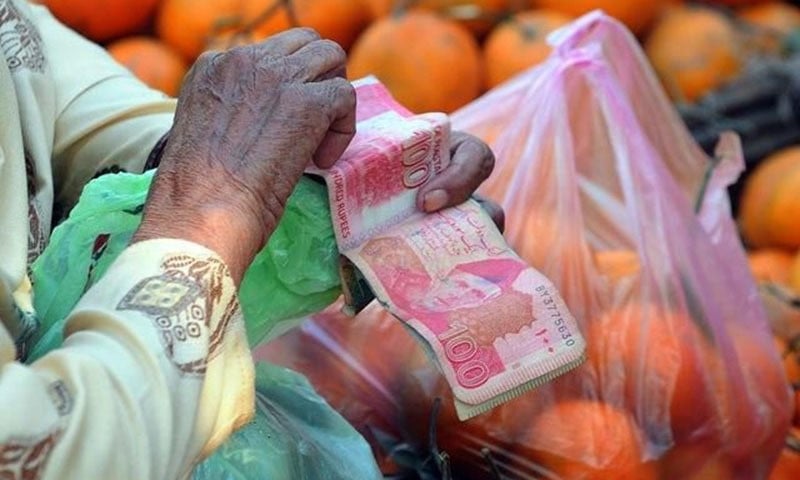

 Technology6 مہینے ago
Technology6 مہینے ago
 Pakistan7 مہینے ago
Pakistan7 مہینے ago
 Sports6 مہینے ago
Sports6 مہینے ago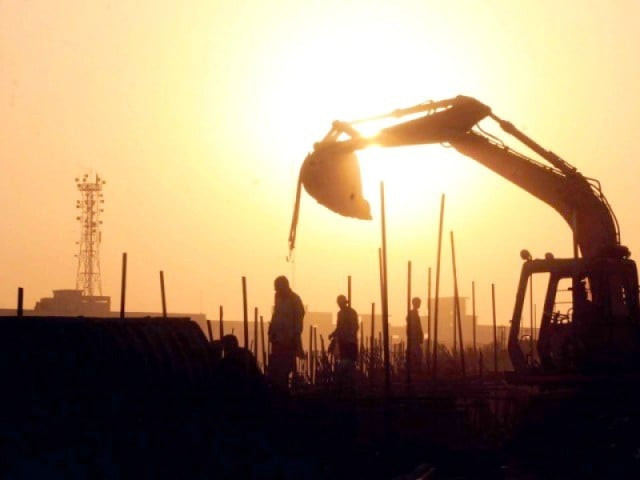
 Pakistan6 مہینے ago
Pakistan6 مہینے ago
 Entertainment6 مہینے ago
Entertainment6 مہینے ago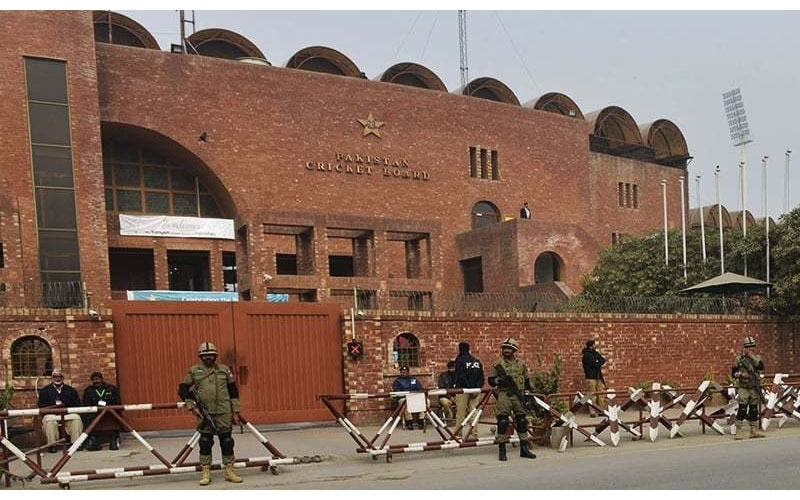
 Sports5 مہینے ago
Sports5 مہینے ago
 Pakistan7 مہینے ago
Pakistan7 مہینے ago
 Pakistan6 مہینے ago
Pakistan6 مہینے ago
